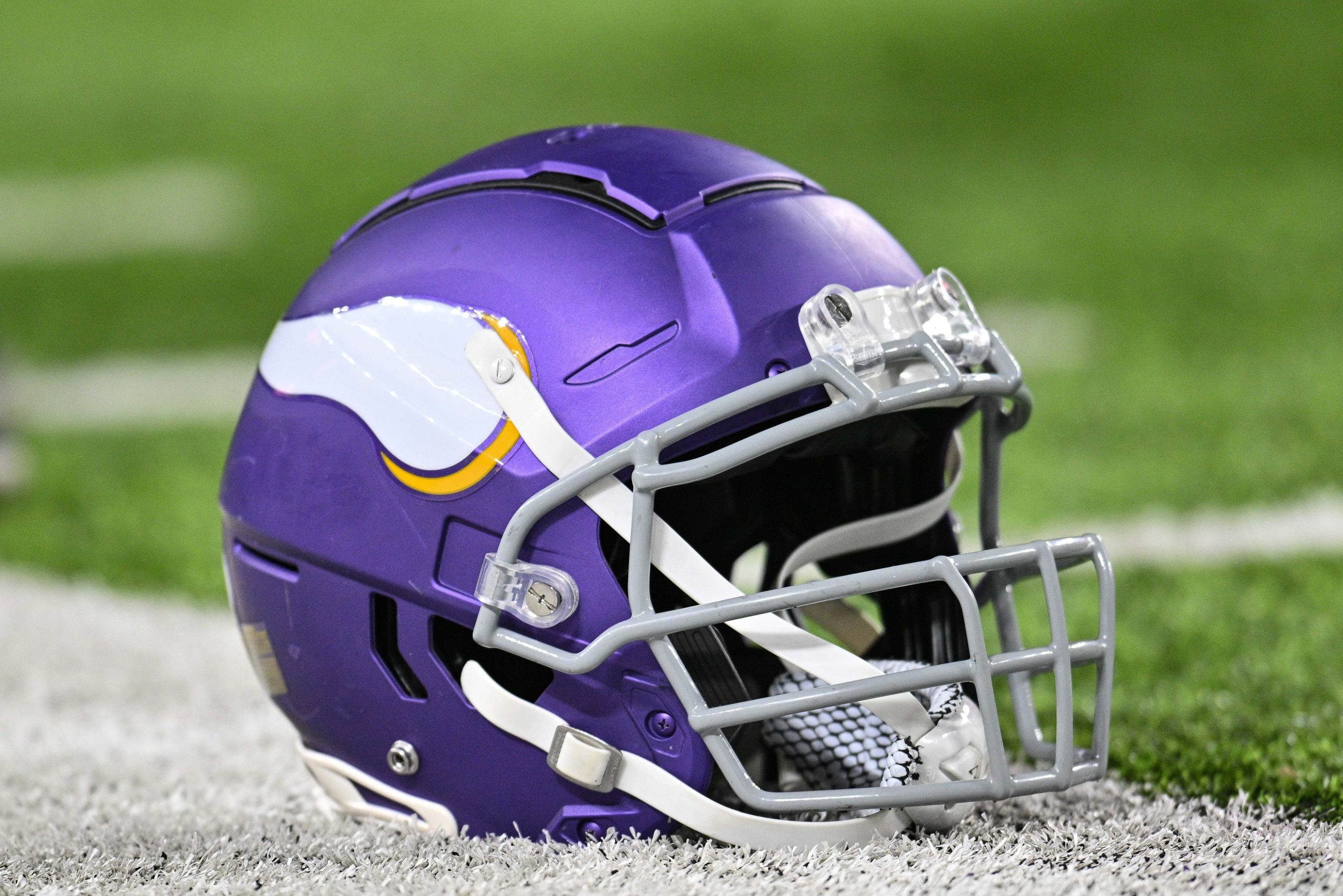In the high-stakes world of competitive sports, physical ability alone is rarely enough to guarantee success. The mental game has become as important as the physical, if not more so, in determining an athlete’s ability to perform under pressure, recover from setbacks, and maintain consistency at the highest levels.
This is where sports psychology comes in— an often overlooked yet critical component of modern athletic training.
Sports psychology involves the application of psychological principles and techniques to improve performance, enhance mental resilience, and manage the unique pressures that athletes face.
Some of the key areas of focus within sports psychology include:
- Mental Skills Training: Techniques that help athletes enhance focus, confidence, and self-regulation.
- Motivation: Strategies for maintaining motivation and goal setting.
- Anxiety Management: Teaching athletes how to manage stress, fear, and nerves, especially before or during high-stakes performances.
- Visualization and Imagery: Techniques that use mental imagery to rehearse successful outcomes, allowing athletes to feel prepared for competition.
- Mindfulness and Relaxation: Methods to help athletes stay in the present moment and maintain calm under pressure.
The American Psychological Association goes into detail about the specialized knowledge that it takes to achieve optimal performance for the well-being of athletes.
Establishing consistent routines before a game or event (e.g., breathing exercises, specific stretches, or self-talk) can help athletes achieve a “zone” state of optimal performance. For example, LeBron James:
Flow state or the “zone” is also an interesting term if you’ve ever been involved in any type of sport.
Achieving flow is a key concept in sports psychology. Flow refers to the mental state where athletes experience effortless concentration and feel “in the zone.”
This is often described as a peak performance state where time seems to slow down, and the athlete performs at their best without overthinking. Athletes like Michael Jordan and Serena Williams have spoken about entering the flow state during their most memorable performances.
Stress and anxiety are also factors that sports psychologists help athletes through.
Whether it’s the pressure of a big game, high expectations, or the fear of failure, these factors can impact performance if not managed properly. Sports psychology offers a variety of techniques to help athletes manage these mental challenges.
Encouraging self-talk helps athletes stay motivated and confident. Phrases like “I’ve done this before” or “I’m ready for this challenge” can reinforce a positive mindset.
Tiger Woods, for instance, is known for his practice of visualizing successful shots and using positive affirmations to boost his confidence on the course. Yes, even guys like Tiger Woods need to be reminded.
For those who don’t play team sports like Tiger, sports psychologists often work with teams to improve group dynamics, encourage positive communication, and develop shared goals. A team that communicates effectively on and off the field has a greater chance of success.
When conflicts arise within a team, sports psychologists can mediate and provide strategies for constructively resolving issues. This ensures the team stays focused on collective goals rather than individual grievances.
By utilizing psychological tools and techniques to improve focus, manage stress, build confidence, and recover from setbacks, athletes can unlock new levels of performance. As the importance of mental conditioning continues to grow in the sports world, sports psychology will play an even bigger role in shaping the future of athletic success.







